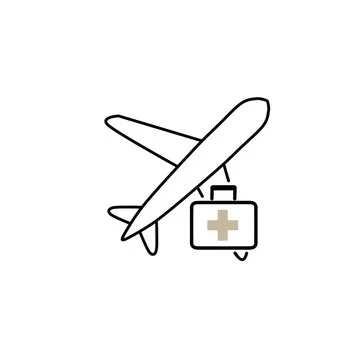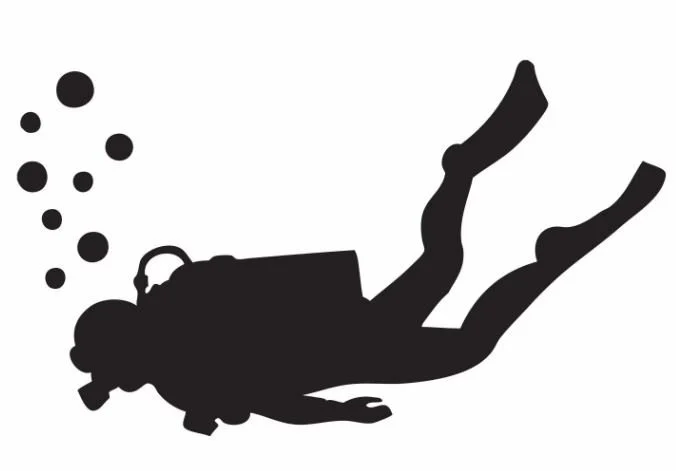At Brisbane GP & Health Hub, we provide specialised Travel and Diving Medicine consultations to patients preparing for overseas trips or diving activities.
Our services are delivered by Dr Keyoren Fernandes.
Keyoren’s past experience includes roles as a diving & expedition medical officer, hyperbaric physician and emergency doctor. He is a keen and traveller and diver himself, and a certified rescue diver with SDI.
Travel & Diving Medicine
We recommend booking appointments in advance:
Travel consultation - at least 4 weeks before departure
Dive medical - at least 2 weeks prior to diving
We focus on keeping people healthy before, during, and after overseas travel. This includes risk assessment for specific destinations and providing tailored medical advice, vaccinations and medications to prevent and treat illness abroad.
Proper travel preparation makes for a safer trip with less hassles abroad - it can prevent illness, hospitalisation and long-term complications. Some countries also require proof of vaccination (e.g. Yellow Fever) for entry.
What It Involves
A travel medicine consultation typically includes:
• Destination-specific advice: health risks vary depending on the region e.g. malaria in tropical areas, altitude sickness in mountainous regions, or food and water-borne illnesses in developing countries.
• Vaccinations: common travel vaccines include Hepatitis A, Typhoid, Yellow Fever, Meningitis, Rabies, Japanese Encephalitis and Cholera.
• Medications for travel: including malaria prophylaxis, traveller's diarrhoea treatment and altitude sickness prevention.
• Health and safety planning: guidance on insect bite prevention, food and water hygiene, DVT prevention, managing jet lag and avoiding injuries.
• Post-travel consultation: for unwell returned travellers or those needing follow-up.
Travel Medicine
Diving Medicine
Please call the clinic to book an appointment for a dive medical
The diving medical assessment ensures a person is medically fit to dive and meets regulatory requirements for recreational (SPUMS/AS4005.1) or occupational (AS/NZS 2299.1) diving.
What It Involves
• Comprehensive medical history: Screening and advice for conditions that could pose risks underwater (e.g. heart disease, asthma, ear/sinus problems)
• Physical examination: Focus on lungs, heart, neurological, ENT and overall fitness
• Spirometry (lung function testing)
• Referral: for further tests or specialist review if required


